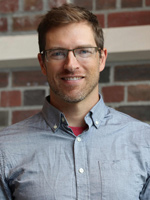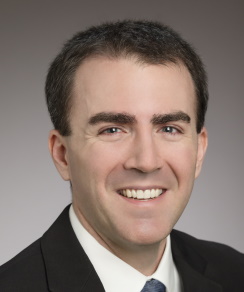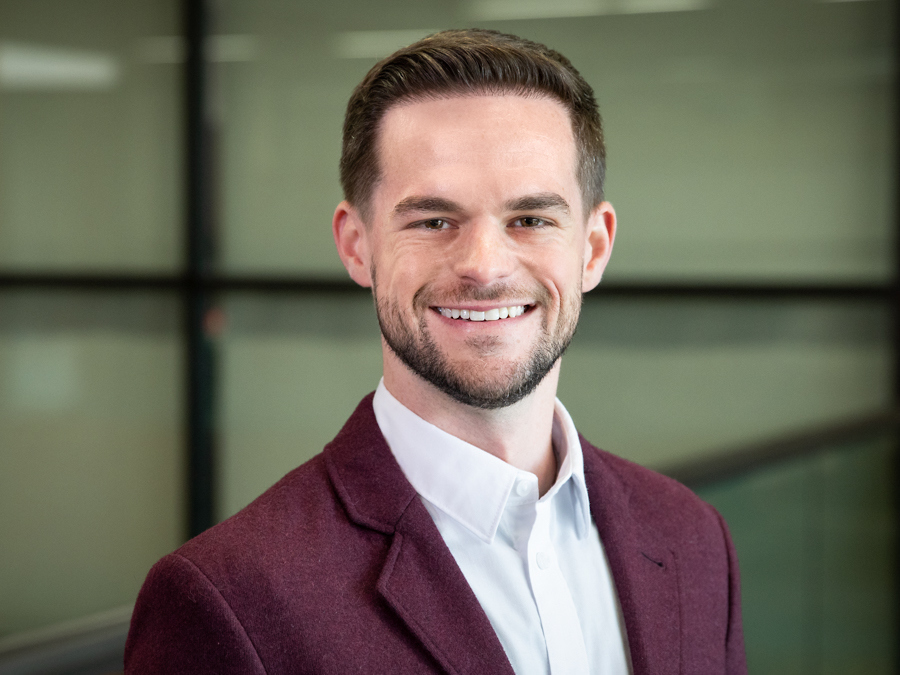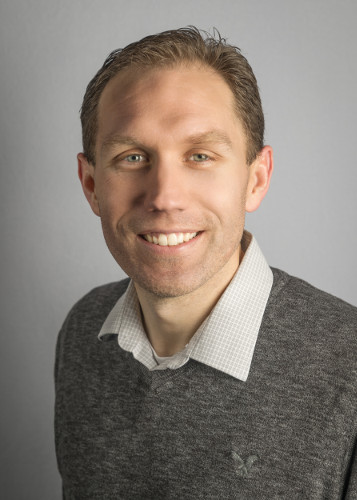ExpandED: Broadening the Understanding of Contemporary Issues in Education and Policy - Archive 2022-2023
The Texas Tech University Educational Leadership Policy faculty in collaboration with the Center for Innovative Research in Change, Leadership, and Education (CIRCLE) invite you to join us for our virtual brown bag series, “ExpandED: Broadening the Understanding of Contemporary Issues in Education and Policy.” Featuring researchers from the College of Education and various institutions across the country, the aim of this series is to bring together students, faculty, and researchers at Texas Tech and beyond to disseminate knowledge that is of immediate relevance to educational leadership and policy and facilitate the cross-pollination of ideas across multiple institutions.
This year, audiences from across the country will gather virtually to engage with speakers on topics related to policy evaluation and open-science research practices, evolutions and social constructions of education policy over time, and empirical research noting the barriers and challenges to providing equitable educational opportunities for historically marginalized students.
Schedule and Summary of 2022-23 Talks
Does Art Make You Smart? An Experimental Evaluation of Culturally Enriching Field Trips
October 18th, 12pm-1pm
Heidi Erickson, Ph.D.Assistant ProfessorMcKay School of Education
Brigham Young University
For generations, K-12 students across America have loaded onto buses and headed off on field trips. Despite the long standing tradition, little is known about the educational benefits of culturally enriching field trips. I will present results from a longitudinal experiment on academic and social-emotional effects of culturally enriching field trips.
Thinking like an engineer: The link between high school engineering coursework and science attitudes for students with learning disabilities
November 15th, 12pm-1pm
Jay Plasman, Ph.D.Assistant ProfessorCollege of Education and Human Ecology
Ohio State University
This study explores how participation in engineering coursework in high school links to science attitudes (self-efficacy, utility, and identity) and expectations to pursue an engineering career and how these courses may particularly benefit students with learning disabilities. Ultimately, these courses appear to benefit students with respect to self-efficacy and identity.
Decisions Made in Crisis: The Lingering Effects of Policy Decisions Made During COVID-19
November 29th, 12pm-1pm
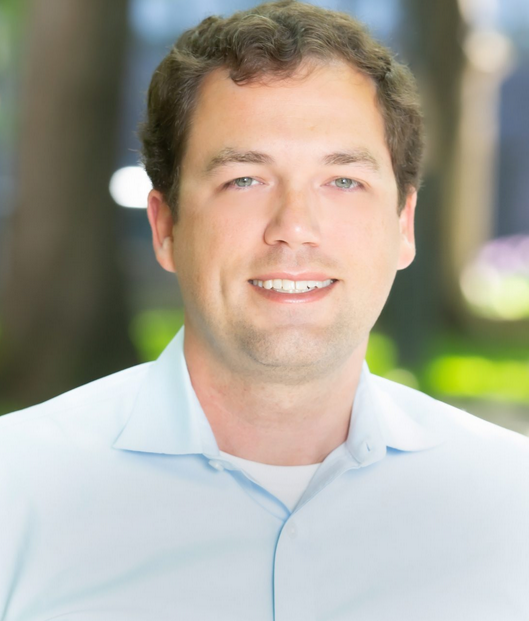
Kyle Southern, Ph.D.Assistant ProfessorAssociate Vice President
The Institute for College Access & Success
In March 2020, the World Health Organization's declaration of a global pandemic created uncertainty across all areas of life. Upon announcing the emergency for the United States, the president shared the administration's plan to set student loan interest rates to 0 percent, sparking questions about adequacy and implementation. Within days, a broader conversation about pausing student debt repayment overall, the prospect of broadly cancelling student debt, and sending immediate emergency financial assistance to students and institutions dominated the work of federal higher education policy advocates and congressional staff. In this discussion, Dr. Southern will share one story of how the CARES Act and subsequent legislative and executive actions came into being, as well as reflect on the implications of decisions made at the height of the Covid-19 pandemic for the future of federal higher education policy.
Having Justice in Mind: The Social Psychology of Race-Conscious Education Politics
December 6th, 12pm-1pm
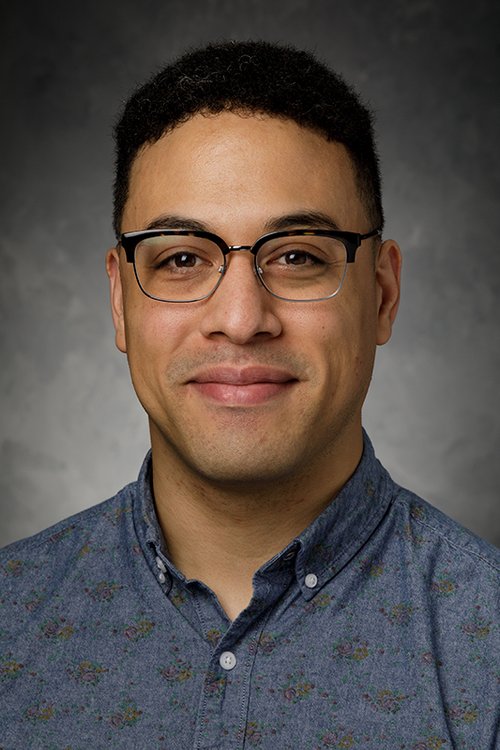
Richard Blissett, Ph.D.Assistant ProfessorMary Frances Early College of Education
University of Georgia
Modern controversies over the teaching of CRT in schools, the use of race in college admissions, and other policy issues relevant to race in education have invited important questions about the state of our democracy and the ability to move forward. Social structural analyses of the politics of these policy issues are common in educational policy and politics. However, psychological theories for why people react the way they do are also important for constructing political advocacy and dialogue. In this talk, I will cover the baseline education scholars should know about the social and political psychology of resistance to race-conscious education policy, incorporating empirical evidence from our research on anti-CRT legislation and other racialized policy attitudes.
New Teacher Hires: Examining Pathways Into and Out of Teaching
January 10th, 12pm-1pm
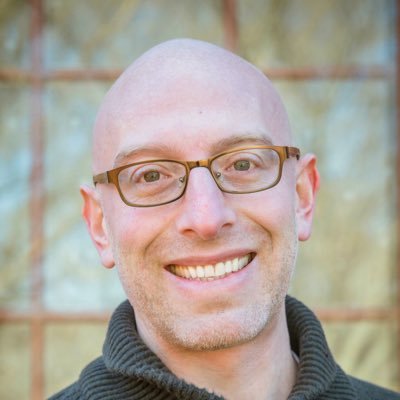
Jeremy Landa, Ph.D.Senior Analyst of Educator Data, Research, and StrategyTexas Education Agency

Dina Ghazzawi, Ph.D.Senior Analyst of Educator Data, Research, and StrategyTexas Education Agency
Most studies on teacher retention and certification measure the retention or attrition outcomes of newly certified teachers. This approach defines newly hired teachers as individuals who recently completed their teacher preparation. Using a novel new hire by preparation pathways data set from 2010 - 2022, our study challenges the assumption that the preparation system is the main contributor of newly hired teachers. In Texas, we find that over 50% of new hires are not recent completers of teacher preparation. We extend this finding by fitting models to examine pathways that predict entry, exit, and re-entry of teachers. These results suggest that research on teacher retention or attrition should include approaches that identify the pathways of all newly hired teachers.
Who Teaches High School Computer Science and Does It Matter?
January 24th, 12pm-1pm
Paul Bruno, Ph.D.Assistant ProfessorCollege of Education
University of Illinois, Urbana-Champaign
High school computer science (CS) course offerings and course taking have expanded rapidly in recent years, motivated by the belief that CS education provides important benefits both for individual students and for society. However, there are reasons to be concerned that CS educational expansions are outpacing the availability of teachers who are willing and able to teach CS effectively. I use statewide student- and teacher-level longitudinal data from North Carolina to answer two research questions. First, what are the characteristics and qualifications of high school CS teachers? The detail of these data allow me to describe both teachers' general qualifications (e.g., education and experience) and their CS-specific qualifications (e.g., licenses and teaching histories). Second, how important are CS teachers' characteristics and qualifications for students' outcomes? Here I take advantage of the fact that a subset of CS courses have standardized end-of-course assessments: Advanced Placement (AP) courses. This allows me to assess relationships between teachers' characteristics and students' AP exam performance after adjusting for observable student characteristics (e.g., prior academic performance). My results have implications for the relative importance of pre-service CS teacher preparation pipelines, CS teacher recruitment efforts by school districts, and in-service supports for CS teachers. They may also help to illuminate considerations for school leaders weighing the potential benefits of CS educational expansions against the limitations of staff capacity.
Nationalist agendas and policies of parity and representation in education
February 7th, 12pm-1pm
Supriya Baily, Ph.D.Professor; President of the Comparative & International Education SocietyCollege of Education and Human Development
George Mason University
In this talk, I will discuss the ways in which the reservation system in India and the affirmative action programs in the US are complicated by the shifting nationalist ideologies in both countries. By both supporting and attacking the systems, political narratives have sought to diminish the more just and equitable goals such programs were expected to deliver. By focusing on the numbers, it has allowed groups to either showcase success or failure, but more than anything, such attacks are politically designed to deliver voting blocs for nationalist movements. From early childhood education to institutions of higher learning, the fight for equality and justice is being fought through such systems, undergirding the argument that education in fact is a transformative force and one under scrutiny for how those most marginalized have been treated in schools.
The Power of “Free” College: Reducing Racial and Socioeconomic Inequalities in College Expectations
February 21st, 12pm-1pm
Taylor Odle, Ph.D.Assistant ProfessorSchool of Education
University of Wisconsin, Madison
Promoting equality in college enrollment and completion must start early in students' college-going journeys, including with their expectations to earn a college degree. With a nationally representative sample of high school students, I evaluate the ability of place-based “promise” scholarships (or “free” college programs) to increase college expectations. I find the introduction of promise programs increased the likelihood a student expected to attain an associate degree or higher, with larger effects for low-income and racially minoritized students. This study is the first to test the power of “free” college in shaping pre-college students' educational plans, and, in doing so, addresses an existing gap in the literature and identifies a key mechanism through which promise programs may increase subsequent college enrollment and attainment.
Changing Course: Trends in CTE and Computer Science Course-Taking and Student Success
April 4th, 5pm-6pm
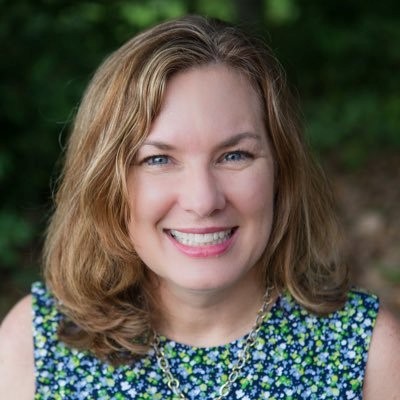
Angela CrevarCIRCLE Scholar, Ph.D. candidate, Educational Leadership PolicyCollege of Education
Texas Tech University
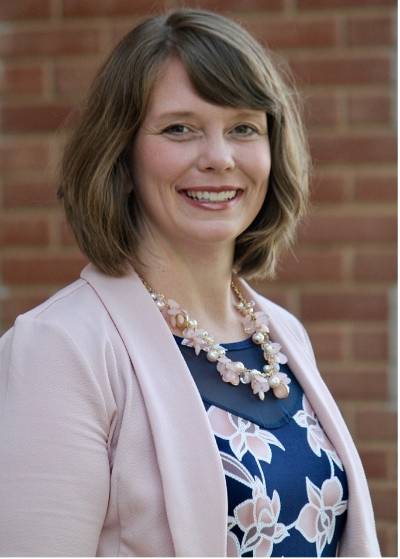
Teresa Lansford CIRCLE Scholar, Ph.D. candidate, Educational Leadership PolicyCollege of Education
Texas Tech University
Recent years have seen a push toward increased CTE and computer science course-taking.
It has been over five years since Computer Science for All was launched, yet we are still seeing inequities in computer science course-taking and lingering gaps in the labor force. Chicago Public Schools initiated a computer science graduation requirement that has had two full cohorts of participants. While their primary focus has been on gender and race equality, Teresa Lansford will share her study which considered access and participation by students with disabilities and how the graduation requirement could be leading to a more neurodiverse computer science community.
Texas House Bill 5 offered a more diverse, CTE focused math core. With these first graduating cohorts, patterns of course taking show changes in patterns for the highest levels of math courses taken by students. Increases in math CTE courses that count as core classes increased with each successive cohort. The presentation will show how some of these advanced CTE math courses brought improved workforce outcomes for students in rural districts.
Leadership and Opportunity: Understanding the role of presidents during crisis
April 18th, 12pm-1pm
McNaughtan, Jon, Ph.D.Associate Professor; Associate Department Chair, Department of Educational Psychology,
Leadership, & CounselingEducational Psychology, Leadership, & Counseling
Texas Tech University
College Presidents serve as key decision makers and the public face for colleges and universities. In this talk, I share the results from a study examining the perceived role of college presidents during COVID-19 and provide key leadership lessons learned by these presidents that can be applied in future crisis leadership experiences.
College of Education
-
Address
Texas Tech University, College of Education, 3002 18th Street Lubbock, TX 79409 -
Phone
(806) 742-2377 -
Email
educ.webmaster@ttu.edu


